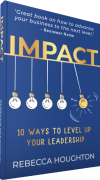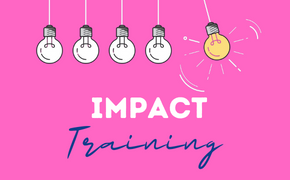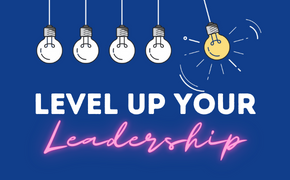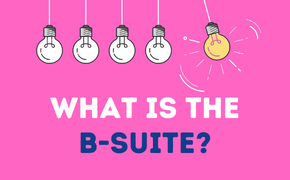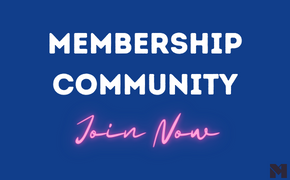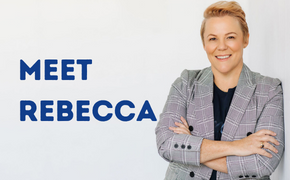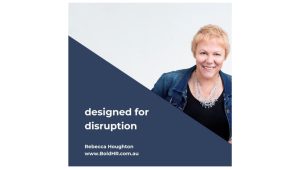The World Economic Forum met at the beginning of this year to discuss the urgent need for global reskilling. Then they got upstaged by Covid-19.
But the argument hasn’t gone away. In fact, with recessionary conditions looming, one could claim the argument has been strengthened.
The increasing talent shortage we were experiencing throughout 2019 wasn’t just the 20-year old war for talent. It was a deeper issue. The gap between the pace of innovation and the pace of learning was widening at an alarming rate.
Late last year, PWC told us that 4 out of 5 CEOs cited the skills gap as a top threat to their business success. Yet according to McKinsey, only 16% of companies feel prepared to initiate upskilling their workforce.
The reason Covid makes this more of a problem than before is this:
- Experiential learning will drop during isolation – while we’re more productive with the lack of distractions, some of those distractions were important learning opportunities that are now missing.
- Post-isolation, investment in learning is likely to drop due to economic constraints.
- The rate of innovation will continue to rise – in fact it may sharpen through economic necessity, driving us to seek further increases in productivity.
The gap is widening.
Why do only 16% of organisations feel prepared to upskill?
These are the concerns that I hear most often:
- We can’t afford the time to retrain: The average time to hire is 68 days and the time to train, even from scratch is a maximum of 18mths according to the WEF. That gap is narrower than you thought, isn’t it? And narrower still when you’re looking at more transferable skills.
- We can’t afford a retraining budget: the Association for Talent Development back in 2018 states that the average cost of reskilling was $1,500. Given the development of online learning between now and then, and the level of free online learning now available, I’d assume a lower number than this moving forward. And compared to your average cost per hire? You’re spending between $5,000 – $10,000.
- Our people don’t have capacity for continuous learning: Evidence on the Gloat platform shows that there is as much as 30% in available capacity in the average organisation – if the workforce were motivated to unlock it. With 67% of people already self-learning in January 2020, the intrinsic motivation was already there and will only be heightened by job security concerns.
- Our workforce skills gap is too big: The WEF will tell you that most upskilling is into an adjacent career, which means we are not dealing with insurmountable leaps. In Australia, Toyota adopted the same approach when they were closing their plant and it was a massive success.
- Our people just don’t have the capability: how many times have we heard ‘I know there’s no-one in house that can do this’. I have yet to meet the organisation that maps their internal talent so successfully that they are across all prior skills, side-hustle experiences, and current self-development that’s going on. Judging the capability of our workforce based on their current job is like looking at an iceberg from the deck of the Titanic and assuming you can see all there is to see.
- We’ll just hire again when the time is right: This is classic ‘war for talent’ thinking (which is 20 years old btw). Asking Talent Acquisition to work harder, investing more in your brand and reputation or competing harder on salary and benefits simply won’t get the results if there is simply no up-to-date Talent out there to compete for. We need to make the market rather than make war in it.
My suggestion? Retain and increase the value of the talent you have by using a stand-down window as an up-skill window.
>> What are you doing to keep your workforce skills developing before the gap gets bigger?
Speak to Rebecca about People Change & Workforce disruption | Talent Acquisition & Onboarding | Careers & People Experience and HR Mentoring.

- Rebecca is a leadership and talent expert on a mission to help HR transform business.
- She helps HR Leaders and their teams to enhance their impact in uncertain times.
- A key architect of the strategic response to workforce disruption for Australia Post, she brings real-life experience and deep expertise to the table.
BoldHR™ – doing business differently – facilitator, coach, mentor, advisor

